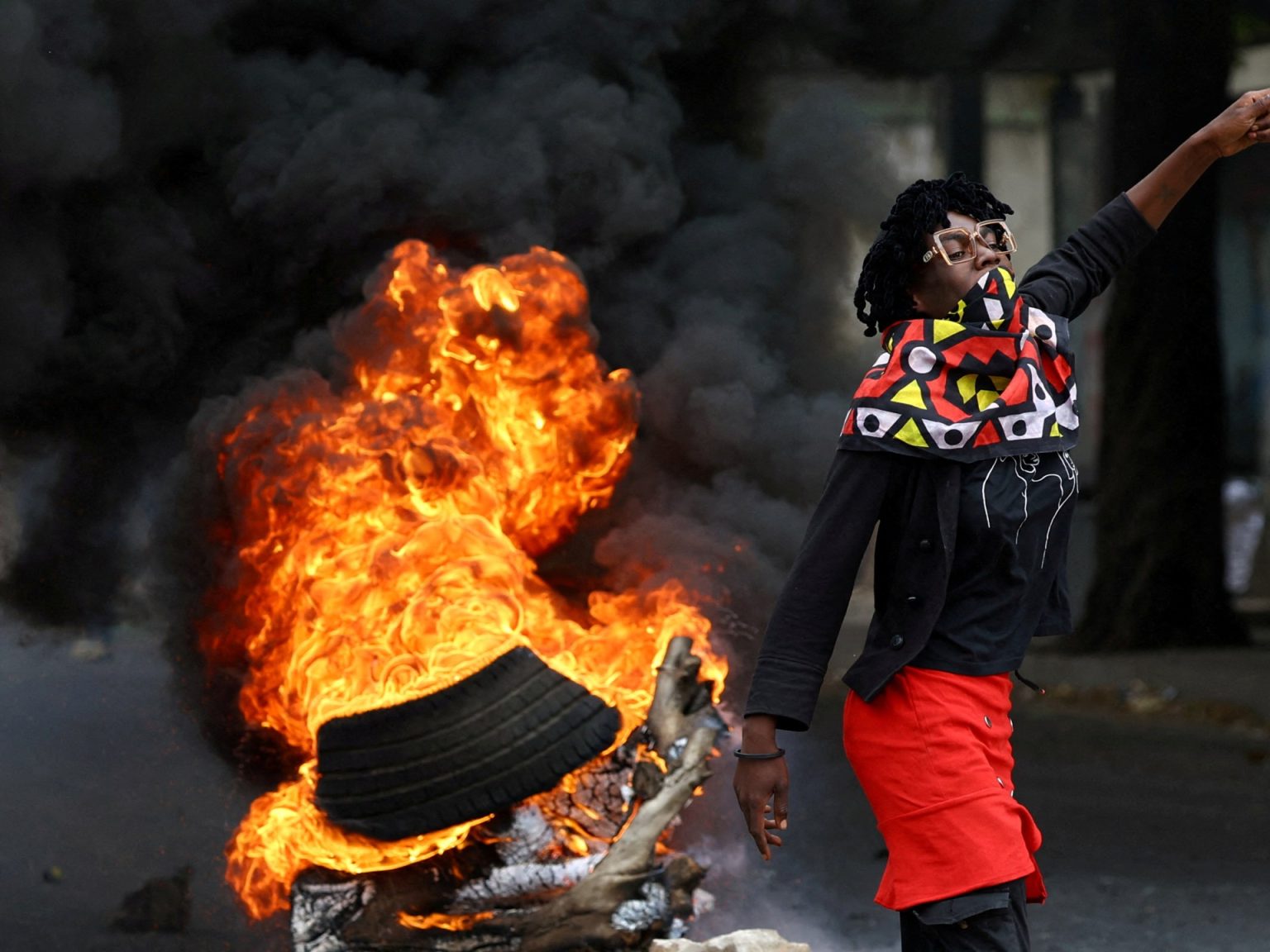The African nation of Mozambique has been dealing with significant violence since the October 9 elections, which were won by the ruling Frelimo party. The opposition leader, Venancio Mondlane, has been leading protests against alleged fraud in the election, claiming that he is the actual winner. The demonstrations in the capital city of Maputo have been met with tear gas and a heavy police presence, leading to further unrest and clashes between protesters and authorities. The situation has escalated to the point where the Mozambique Bar Association has warned of a potential bloodbath.
Mondlane, who has been in hiding since leaving Mozambique last month, has called for a week of protests, culminating in a large demonstration on Thursday. The 50-year-old former radio presenter believes that the country is on the verge of a historic political transition and has expressed a willingness to form a government of national unity. However, the government’s response to the protests has been violent, with reports of live gunfire being used against demonstrators. At least 20 people have been killed in the protests, with the figure potentially reaching 24 according to a local NGO.
The upcoming change in leadership, with President Filipe Nyusi expected to step down early next year and hand over power to Daniel Chapo, has added to the tensions in the country. The restricted internet access and the use of force by security forces have raised concerns among human rights organizations. The United Nations High Commissioner for Human Rights has called for police to exercise restraint and adhere to international human rights standards when managing protests. The Southern African Development Community is planning an extraordinary summit to discuss the developments in Mozambique, indicating the regional concern over the situation.
The protests in Mozambique have also had international implications, with South Africa temporarily closing its border with the country and warning citizens to postpone non-essential visits. The unrest in Mozambique has highlighted the fragility of the political situation in the country and the potential for further violence as the power transition approaches. The calls for a recount of the election results and the possibility of a government of national unity indicate a desire for a peaceful resolution to the crisis, but with tensions running high and security forces cracking down on protests, the situation remains volatile. Efforts from regional and international bodies to address the situation show the wider concern over the stability of Mozambique and the need for a peaceful resolution to the political crisis.













